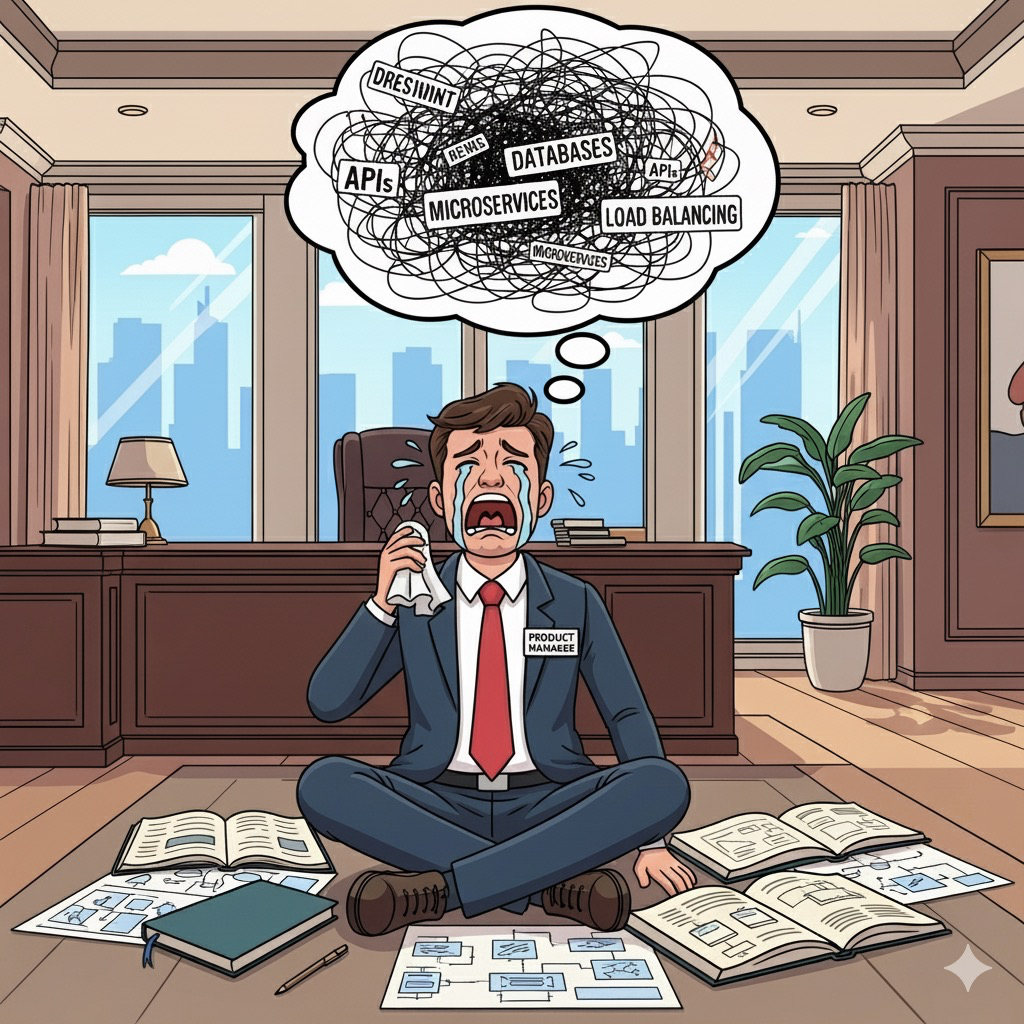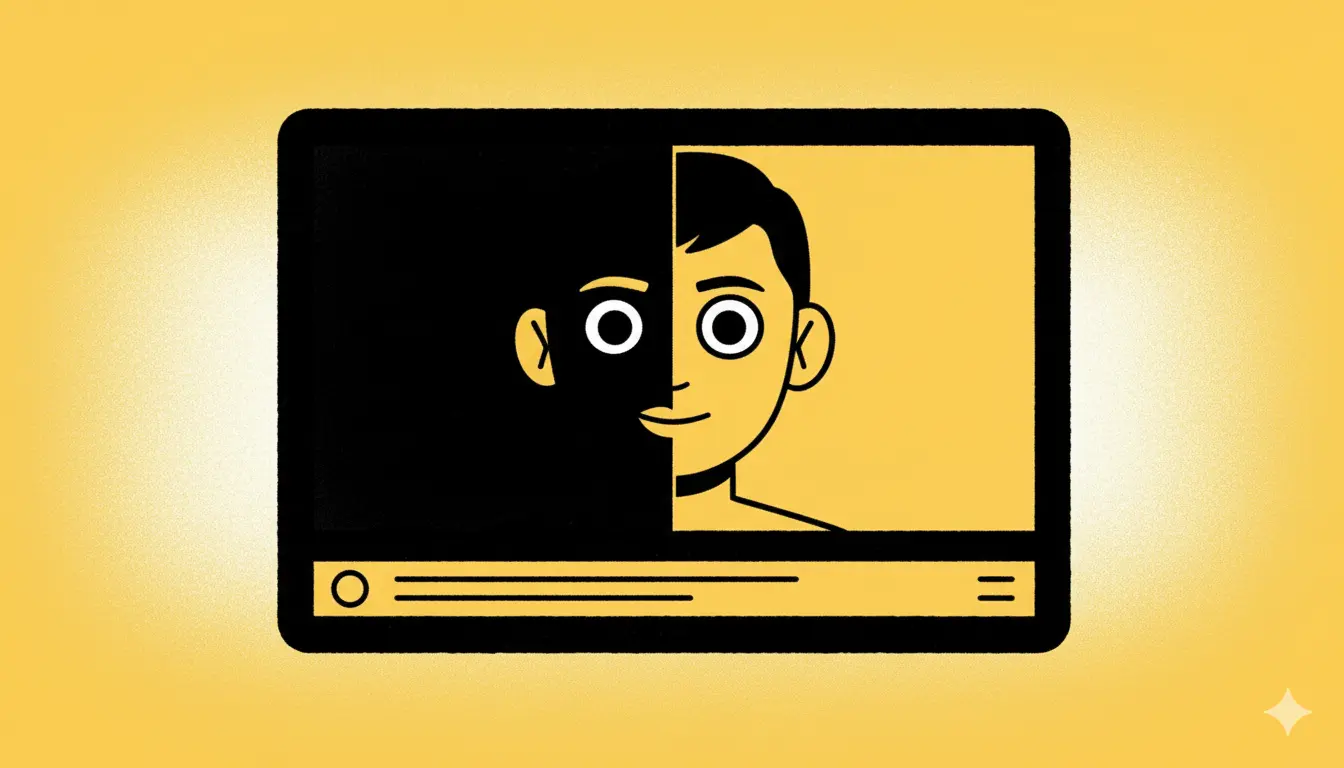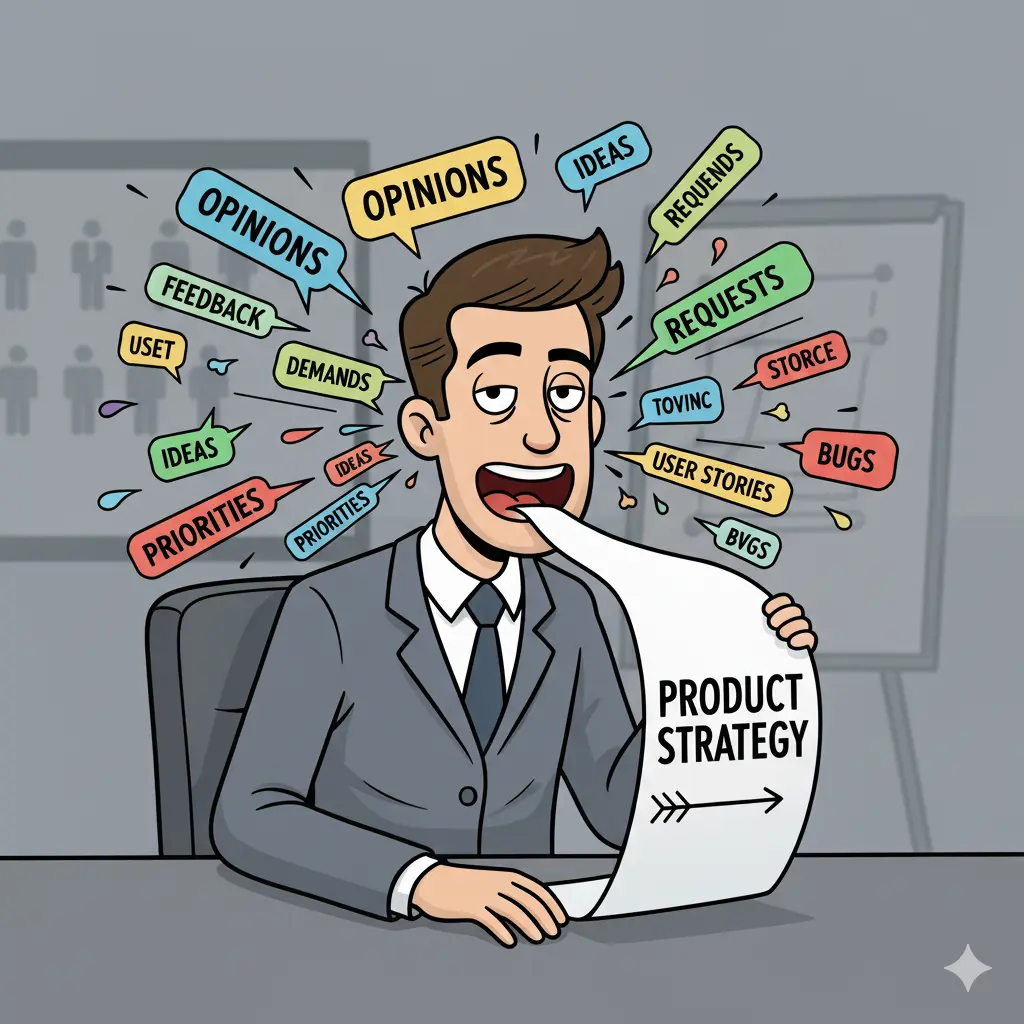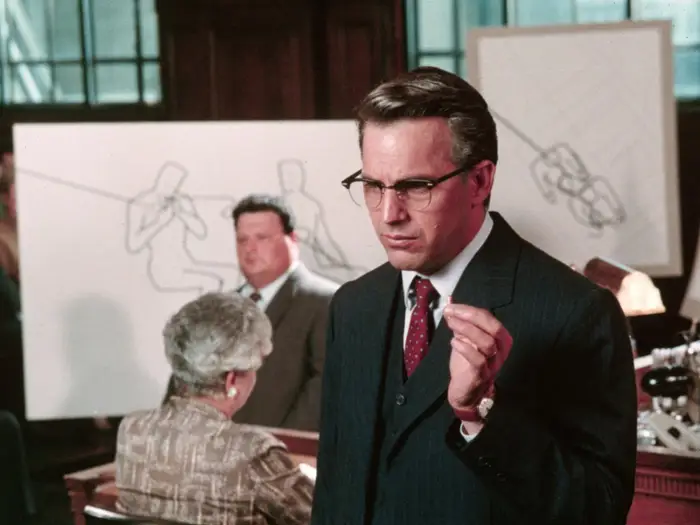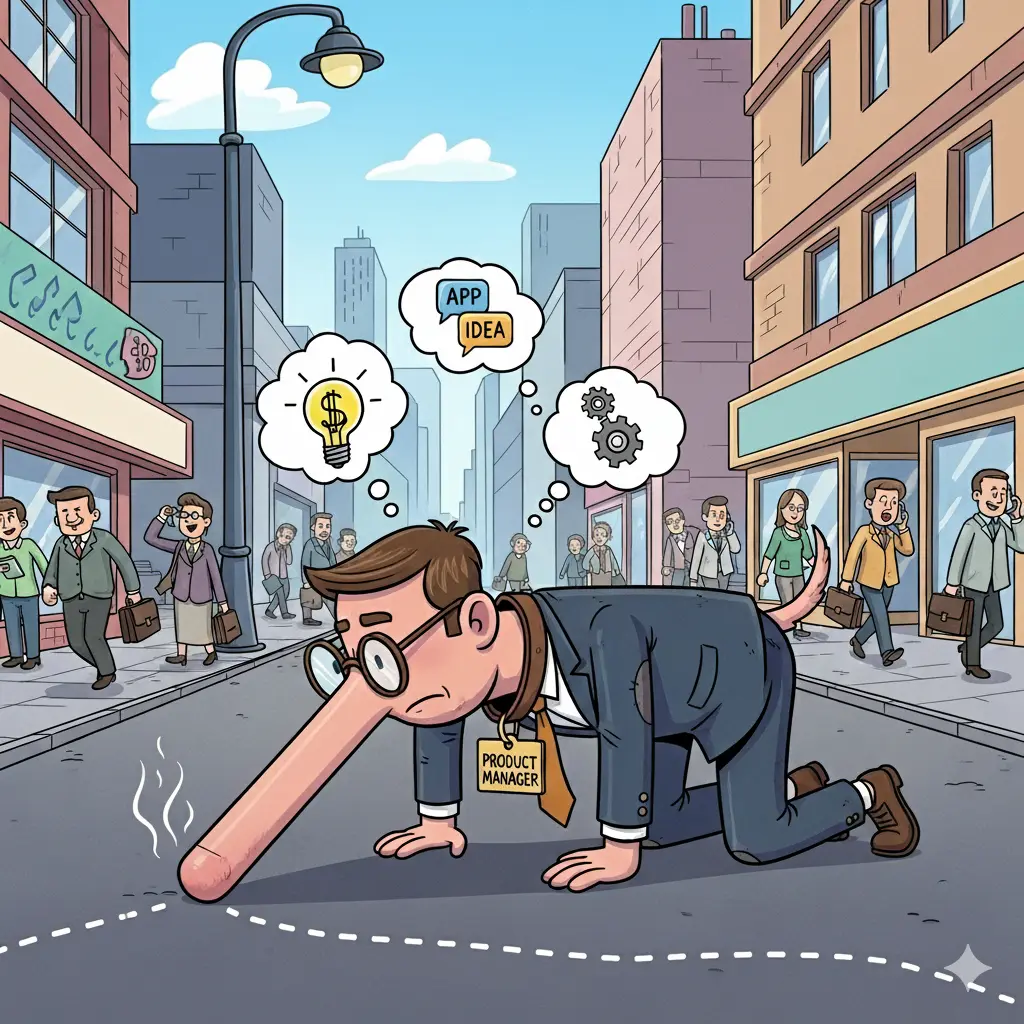
The Product Intuition is Obsolete: Why AI PMs Need Futurist Goggles
Product managers face their greatest crisis as AI technologies defy decades of business wisdom. The gut feelings that built careers now sabotage innovation.
Product managers are experiencing a professional identity crisis that would make Freud take notes. The intuition that guided decisions for decades, the gut feeling that separated good PMs from great ones, is now actively sabotaging AI innovation.
When Your Gut Becomes Your Worst Enemy
Marty Cagan’s warning ↗ hits like a reality check: “European style Product Owners: you have to realize, if you’ve been trained with CSPO or PSPO, that is not a secure job. I think those people are at big risk right now.” The traditional product management playbook, roadmaps, backlog grooming, stakeholder management, is becoming automated faster than you can say “sprint retrospective.”
The problem isn’t that AI is coming for product management jobs. It’s that AI demands a completely different type of product thinking, one that contradicts every established business principle product managers have spent years mastering.
The Counterintuitive Innovation Trap
Consider Andrew Ng’s ↗ revelation: prototypes that once required months of engineering effort now get built in a weekend. The bottleneck has shifted from technical feasibility to product vision. When you can build anything quickly, the real question becomes: what should you build?
This creates what product managers describe as “extremely taxing” cognitive dissonance. Your experience screams “this won’t work” while the technology demonstrates it already does. Your carefully honed pattern recognition, the source of your professional value, becomes your biggest liability.
Reusing established business practices without explicit permission is now a legal minefield in the AI space. The rules have changed, but our instincts haven’t caught up.
From Roadmaps to Reality Distortion Fields

Jennifer Lo, Senior Director of Design Futures at IDEO, offers a lifeline: “Futuring isn’t about predicting the future. It’s about making better decisions today by thinking a little bit further ahead.” Her approach of “near futuring”, looking 5-15 years out rather than decades, provides a practical framework for product leaders drowning in AI possibilities.
The most powerful question in this new reality: “What would have to be true for this to work?” This simple reframe moves teams from obstacle identification to possibility creation. It’s the difference between seeing AI as a threat and treating it as the most creative collaborator you’ll ever have.
Product managers who survive this shift aren’t those with the best technical skills, they’re the ones who become masters of strategic foresight. They understand that their role is no longer about building the right product, but about building the product for the right future.
The New PM Skillset: Futurist, Psychologist, and Gambler
Successful AI product management requires three seemingly contradictory capabilities:
- Futurist vision: Spotting signals and trends before they become obvious
- Psychological flexibility: Holding multiple contradictory possibilities simultaneously
- Calculated risk tolerance: Making decisions with less data than traditional business cases would ever allow
As one product leader noted, this work involves “a leap of faith in there somewhere which is based on experience and leads to an insightful guess.” The art of product management becomes less about validation and more about informed speculation.
The teams that thrive are those that create “small, low-risk ways” to test futuristic visions. They give themselves “permission to be wrong without big consequences”, a radical departure from the ROI-driven product culture of the past decade.
The Inevitable Choice: Adapt or Become Obsolete
The data doesn’t lie: companies that successfully scale AI implementations achieve 20-35% productivity gains across supply chain, marketing, and customer service. The economic imperative is clear. But the human transition is brutal.
Product managers face a simple but devastating choice: abandon the intuition that made them successful or risk becoming professionally irrelevant. The very patterns that helped them spot successful products now prevent them from seeing transformative possibilities.
The irony is exquisite. The professionals trained to identify market opportunities are least equipped to recognize the biggest opportunity of their careers. Their expertise has become their blindness.
The product managers who will define the next decade aren’t the ones with the most experience, they’re the ones willing to admit their experience might be wrong.
